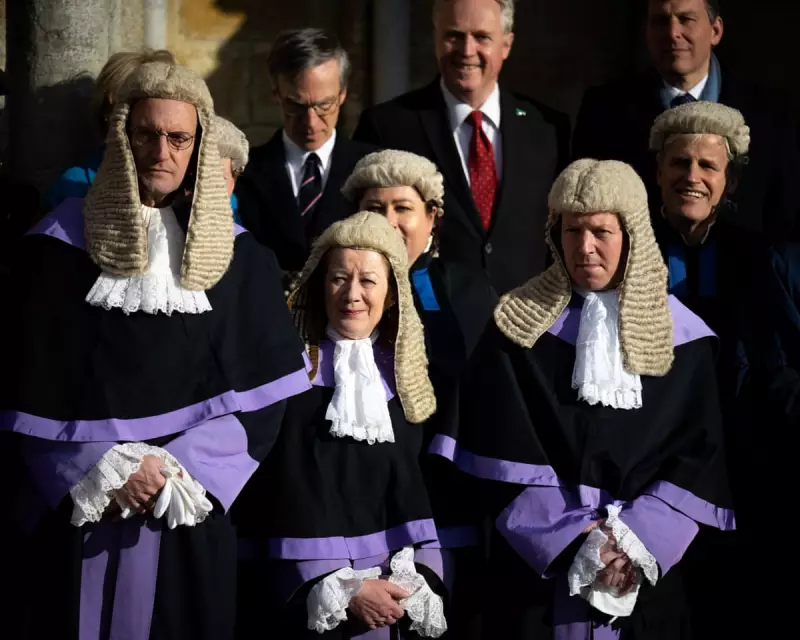
The British government is pressing ahead with radical plans to curtail the right to trial by jury for thousands of cases across England and Wales. This controversial move, based on proposals by the former judge Sir Brian Leveson, is a direct response to a record-breaking court backlog that threatens what he describes as a 'total system collapse'.
A System Under Strain: The Backlog Crisis
The core reason for this seismic shift is the overwhelming backlog plaguing the courts. Sir Brian Leveson, publishing his recommendations in July, made it clear he was proposing to limit jury trials with a heavy heart, but out of necessity. One devastating consequence of the delays is that victims and witnesses are increasingly withdrawing from trials, unable to endure waits of years for their case to be heard. The quality of evidence can also deteriorate over such extended periods.
In his report, Leveson issued a stark warning: 'Little or no consequences for lawlessness could lead to a breakdown in law and order and society taking things into their own hands.' Clearing the backlog is also seen as critical for the government's own pledges to tackle violence against women and girls and improve public safety.
The impact on defendants is equally severe. Many face charges hanging over them for years, with some held in jail on remand—the remand population is currently at a record high—only to be found not guilty at trial.
The Proposed Overhaul: How Jury Trials Would Change
The Leveson proposals outline a fundamental restructuring of how certain cases are handled. The key recommendations include:
- A new crown court division where a judge and two magistrates would hear 'either way' offences, which are currently eligible for jury trial.
- Removing the right to a crown court trial for offences carrying a maximum sentence of two years or less.
- Reclassifying some 'either-way' offences so they can only be tried in a magistrates' court.
- Hearing serious and complex fraud cases by a judge alone, citing longstanding concerns about case length and juror comprehension.
- Granting all crown court defendants the right to elect for a trial by judge alone.
- Specifically removing jury trials for offences like certain sexual assaults, harassment, and child abduction.
Controversy and Opposition: A Bedrock Principle Under Threat
Despite the practical aims, the proposals are deeply contentious. The right to trial by one's peers is widely viewed as a cornerstone of the British justice system, a principle with roots tracing back to Magna Carta in 1215.
The legal profession has voiced overwhelming opposition. A survey of the Criminal Bar Association found 88.5% of members opposed the new crown court bench division, while 78.2% were against removing juries from fraud trials. The Bar Council and Law Society have argued that the government should focus on increased funding for the justice system after years of underinvestment, rather than diminishing fundamental rights.
Further concerns have been raised that reducing jury trials could disadvantage people of colour and other minorities, given the lack of diversity within the judiciary. Sir Brian Leveson, however, has denied that his proposals would lead to an increase in miscarriages of justice.
When asked if these changes could be reversed once the backlog clears, Leveson noted it was impossible to set a time limit. He suggested that if the measures prove successful, 'I anticipate that there would be real pressure to go backwards'.





